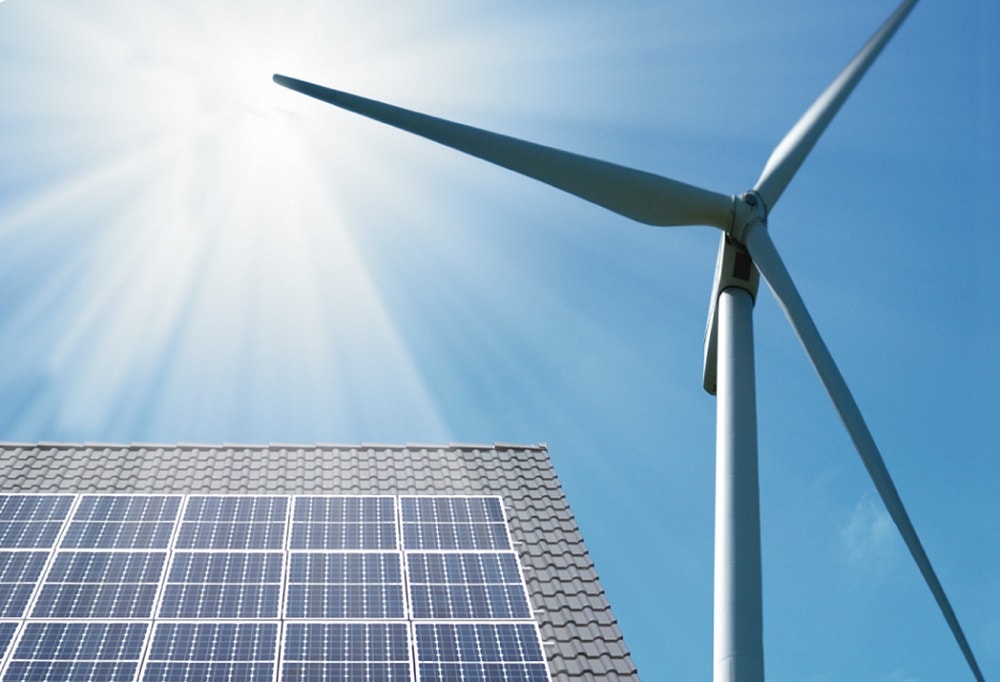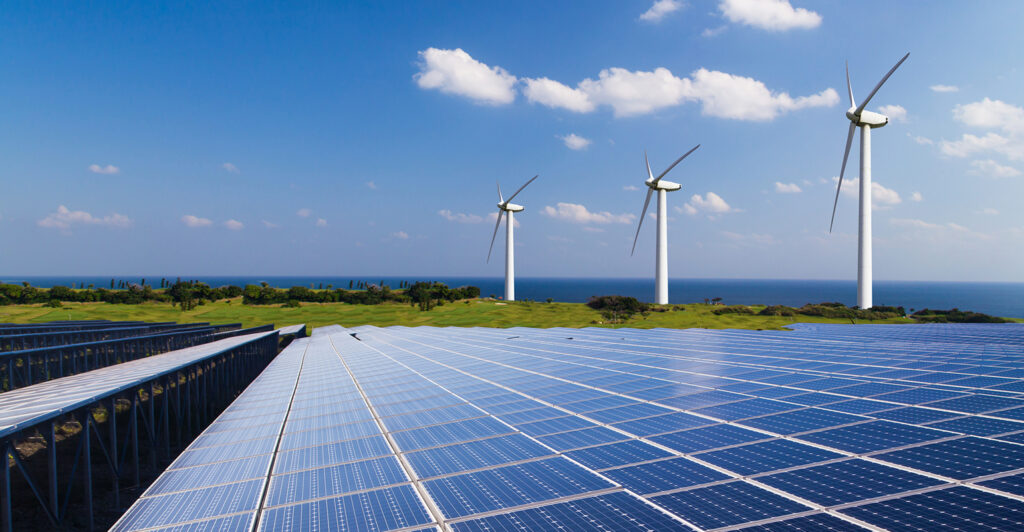
Environmental issues are becoming more and more important in today’s world, especially when it comes to sustainability efforts in the hospitality industry. As it turns out, switching to renewable energy can not only help to reduce greenhouse gas emissions and improve air quality but can also be cost-effective over time by reducing energy expenses and encouraging green habits among employees. How does this switch to renewable energy work? What changes should you expect from your current energy supplier? Can it be hard to make the changeover? Here’s everything you need to know about how Renewable Energy in Hospitality Industry. Can Help Save The Planet While Saving You Money In Your Hospitality Business?
What Is Renewable Energy And How Does It Work?
Renewable energy is the power that comes from natural resources like sunlight, wind, and water. This type of energy is considered clean because it doesn’t produce pollution or emissions. renewable energy in the hospitality industry
How does renewable energy work? Solar panels absorb sunlight and convert it into electricity. Wind turbines capture the kinetic energy from moving air to generate power. Hydroelectric dams harness the power of flowing water to create electricity. Geothermal plants tap into heat emanating from the earth’s core to produce steam, which drives turbines to create electricity.
The hospitality industry is a large consumer of energy, so using renewable resources is a more sustainable option that can help reduce greenhouse gas emissions.

How can renewable energy be used in the hospitality industry to save money and help the environment?
The hospitality industry is responsible for a large percentage of the world’s energy consumption. However, there are a number of ways that hotels and other businesses can save money and help the environment by using renewable energy.
One way is to install solar panels on the roof of the building. This can help to offset the cost of energy, and it also reduces the number of greenhouse gases that are emitted. Another option is to use wind power to generate electricity.
This is often more expensive up front, but it can save money in the long run. Finally, businesses can encourage guests to use less energy by providing them with information about energy-saving options such as turning off lights when they leave the room. By using renewable energy, the hospitality industry can make a significant impact on the environment.
What Are Some Of The Benefits Of Using Renewable Energy?
- Using renewable energy can help reduce dependence on fossil fuels and can be a more sustainable option for businesses.
- It can also help save money in the long run, as renewable energy sources often have lower costs than traditional sources.
- Additionally, using renewable energy can help improve a business’s public image and give them a green label.
- Furthermore, it can help create jobs in the industry and support economic growth.
- Finally, using renewable energy can help protect the environment by reducing emissions of greenhouse gases and other pollutants.
What Does The Future Hold For Renewable Energy In The Hospitality Industry?
The hospitality industry is notoriously energy-hungry, making it one of the most challenging sectors to decarbonize. However, there are reasons to be optimistic about the future of renewable energy in the hospitality industry.
One is the falling cost of renewables. Solar and wind energy are now cheaper than coal and natural gas in many parts of the world, making them a more financially attractive option for hotels and resorts. Another is the increasing emphasis on sustainability among travelers.
A growing number of people are interested in minimizing their carbon footprints, and they are willing to pay a premium for properties that offer green features. As a result, there is a growing market for renewable energy in the hospitality industry. In the coming years, we can expect to see more hotels and resorts powering their operations with solar, wind, and other forms of clean energy.




